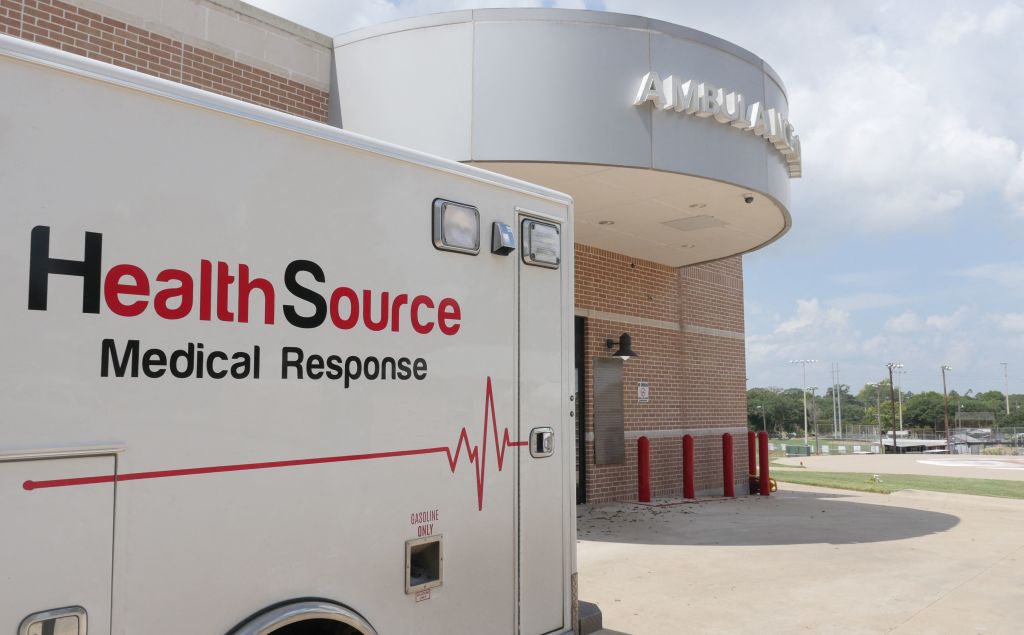57 percent of vaccinated COVID-19 patients hospitalized in first half of 2021 had mild or asymptomatic infections, study finds


A free daily email with the biggest news stories of the day – and the best features from TheWeek.com
You are now subscribed
Your newsletter sign-up was successful
A recent nationwide study may lead health ofificials to rethink how to analyze COVID-19 hospitalizations as a pandemic metric, The Atlantic reports.
After examining the electronic records for nearly 50,000 patients who had tested positive for COVID-19 at 100 Veterans Affairs hospitals across the United States between March 2020 and June 2021, researchers found that a significant number of the patients actually had mild or asymptomatic infections. Patients who required supplemental oxygen or registered a blood oxygen level below 94 were considered moderate to severe.
Until mid-January 2021, when the vaccine drive really gained steam and the Delta variant had yet to take hold, 36 percent of patients were considered mild or asymptomatic. But in the next six months, that figure jumped to 48 percent, while an ever greater proportion — 57 percent — of vaccinated patients, who make up a much smaller share of admissions to begin with, had less severe cases.
The Week
Escape your echo chamber. Get the facts behind the news, plus analysis from multiple perspectives.

Sign up for The Week's Free Newsletters
From our morning news briefing to a weekly Good News Newsletter, get the best of The Week delivered directly to your inbox.
From our morning news briefing to a weekly Good News Newsletter, get the best of The Week delivered directly to your inbox.
There are probably a few explanations behind the data, per The Atlantic. Many of the patients may have been admitted to the hospital for an unrelated illness and tested positive upon entrance. Others may have been treated as a preventative measure because of comorbities, and some may simply may have just needed quick, relatively easy treatments before leaving.
Like all studies, there are caveats, The Atlantic notes. VA hospitals aren't nationally representative because there are few women and no children, and while Delta was around in the later months of the study, it wasn't at the level it is now, so the numbers may have changed since then. Still, the study further highlights the effectiveness of vaccines and suggests that nuance is necessary when looking at COVID-19 hospitalization data. Read more at The Atlantic.
A free daily email with the biggest news stories of the day – and the best features from TheWeek.com
Tim is a staff writer at The Week and has contributed to Bedford and Bowery and The New York Transatlantic. He is a graduate of Occidental College and NYU's journalism school. Tim enjoys writing about baseball, Europe, and extinct megafauna. He lives in New York City.
